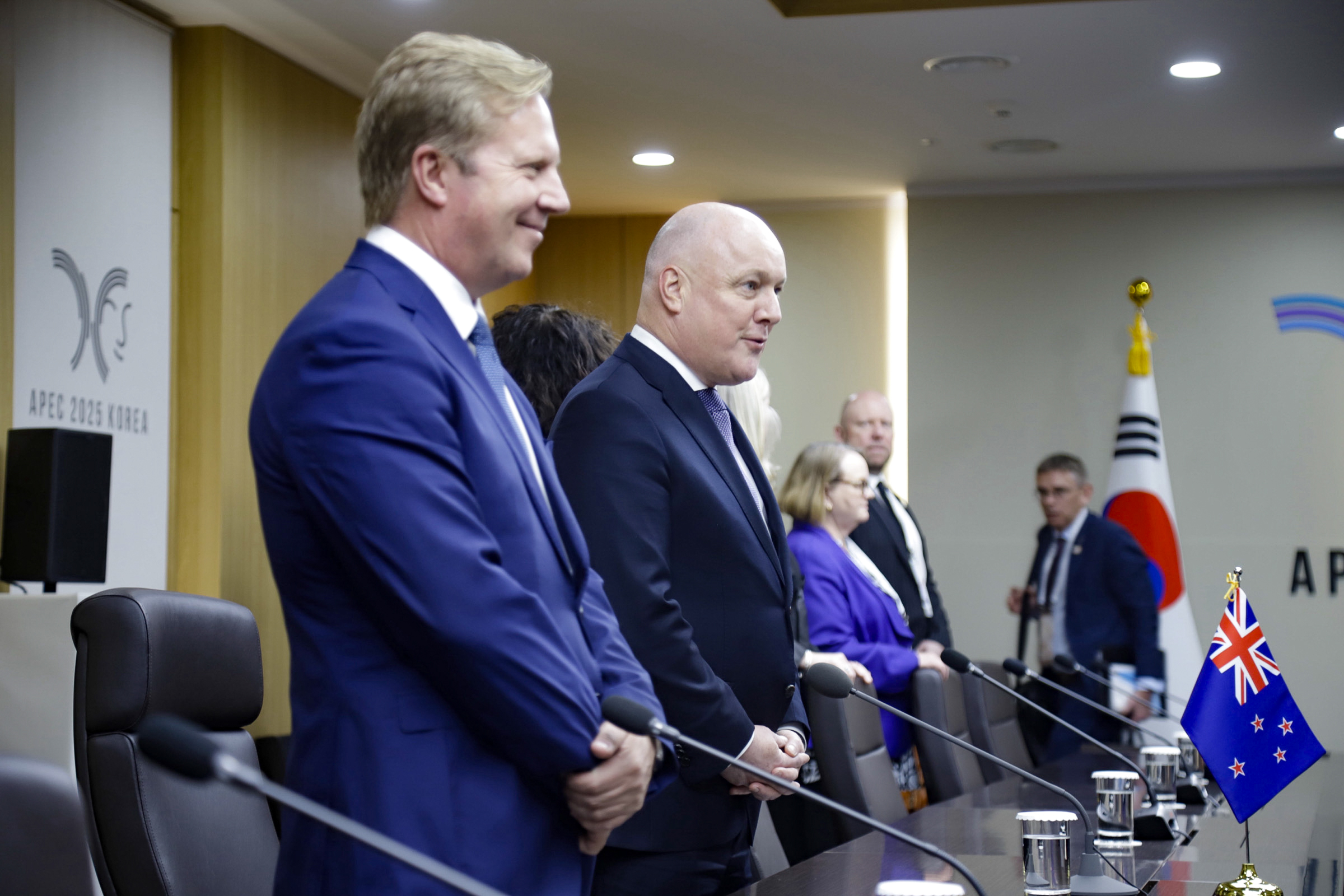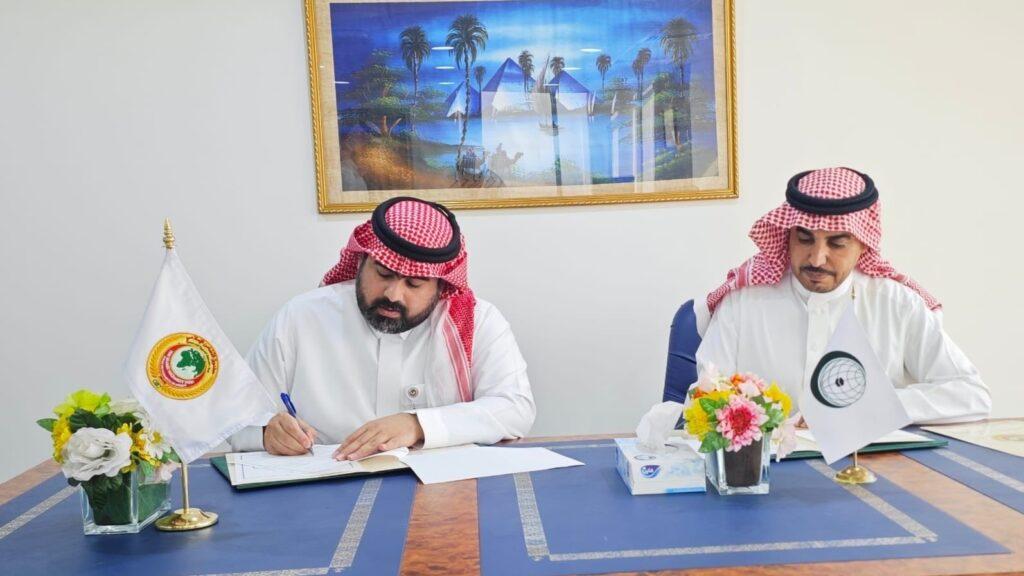Copyright newsroom

As citizens of a small, remote island nation, New Zealanders are more than accustomed to others having no idea about where to find us on a map – if we’re even on the map in the first place. So Chilean President Gabriel Boric provoked laughter rather than a diplomatic incident when, speaking at an event in Gyeongju alongside Prime Minister Christopher Luxon and Singaporean counterpart Lawrence Wong, he spoke about the countries’ shared interests as small nations. “Six million inhabitants in Singapore, 20 million in Chile – I don’t know, in New Zealand, it’s 10, 12 million?” Not quite, Mr President. Yet while foreign leaders may not always get our headcount right, there are certain benefits to being on the smaller side, such as the reason the three leaders were in the same room. The three countries have launched negotiations on the Green Economy Partnership Agreement (GEPA), a framework to enhance trade and investment in environmental goods and services while promoting the uptake of low-carbon solutions. Speaking to Newsroom after the event, Trade and Investment Minister Todd McClay said the agreement would help New Zealand to meet its climate and environmental obligations by setting out common standards that would “filter through” into the wider trading environment. “It gives New Zealand exporters a real advantage, because we’re very good at this already. “As I go to other countries and talk to other trade ministers, we’re a bit tough on ourselves – in New Zealand, we have very high standards, we punch above our weight.” Is there an element of cognitive dissonance in talking up low- and zero-emissions fuel alternatives on the world stage, while simultaneously reopening oil and gas exploration as senior minister Shane Jones chants about coal during Question Time? “To be fair, I and many of my colleagues have yelled about a lot of things in Parliament – that’s a place to have debates,” McClay responded, noting the right of every country to decide how to best meet its climate obligations and arguing the Government’s policies had not attracted any notable criticism from our international partners. “If you think about the announcement I made as Agriculture Minister around farm emissions, we had the EU [Trade] Commissioner come down and say he knows New Zealand’s meeting its obligation, he doesn’t have any problem at all with what we’re doing, and it’s for us to work through, and so that is an endorsement of the sound decisions the Government’s making.” Singapore, Chile and New Zealand have a history of breaking new ground on trade, as McClay points out: GEPA’s twin DEPA (the Digital Economy Partnership Agreement, signed in 2020) is the world’s first digital trade pact, while the CPTPP agreement stems from the P4 trade deal inked between the trio and Brunei in 2005. The latter is arguably the most successful example of an initially small-scale deal reaping outsized rewards. There are currently 12 nations in the bloc and many more keen to sign on, South Korea signalling its desire to join and Indonesian ministers also talking up their interest before Luxon sat down with the country’s president Prabowo Subianto on Friday. ‘You never start with 21 countries from day one with it all perfectly worked out – you actually need to go on a journey of an idea that turns into a start, that turns into gets grown and gets built.’ Christopher Luxon Such ‘incubator agreements’ are becoming increasingly popular, given the difficulty of reaching consensus through multilateral bodies like the World Trade Organisation. However, Luxon sees their proliferation as less an indictment of the international trade order and more about the benefits of small countries coming together to think outside the box. “Ideas are birthed with a few countries that actually have some energy for it, and then others get attracted to it… “You never start with 21 countries from day one with it all perfectly worked out – you actually need to go on a journey of an idea that turns into a start, that turns into gets grown and gets built.” Such pragmatism may be necessary given the state of the system: opening Apec leaders’ talks on Friday, South Korean President Lee Jae Myung said the world was at “a critical turning point as the international order undergoes rapid transformation”. “The free trade order is facing sweeping changes and global economic uncertainty is intensifying, and the momentum for trade and investment is weakening.” While all countries could not always share the same position as they acted in their own national interests, Lee said they could “stand together before the ultimate goal of achieving shared prosperity”. The latest edition of Apec’s regional trends analysis, released as leaders gathered for the first round of discussions, did not exactly bring good news for Luxon ahead of next year’s election. Economic growth in the Asia-Pacific region is projected to slow in 2026, dropping from 3.1 percent this year to just 2.9 percent in the face of rising public debt and weaker trade performance. The report’s co-author Glacer Niño A. Vasquez says much of this year’s trade momentum has been driven by businesses rushing to export before tariffs and other new restrictions could take effect. The fiscal constraints facing the wider Apec membership will be familiar to Luxon and many New Zealanders: gross government debt is projected to exceed 110 percent of GDP, “a significant increase from earlier forecasts”, thanks to lingering pandemic-related spending, slower revenue recovery and the costs associated with ageing populations. “Rising debt is eroding fiscal space just as economies need to invest in innovation, infrastructure and human capital, especially as aging populations require higher spending on health, pensions and social services,” the report’s other co-author Rhea C. Hernando says. Luxon is not taking a fatalistic approach to the forecasts, saying they provide an “imperative” for leaders to shape the economic system as much as possible. “We’re all struggling with economic challenges that are different [for] each individual country, we’re obviously dealing with a different trading environment than what we’ve had in recent times, but regardless of that, there was huge unity around, ‘Actually, we need to come together, work together, reinforce and reaffirm the rules-based system’.” With Apec leaders wrapping up talks on Saturday, all eyes are on whether that unity can be transformed into action.



